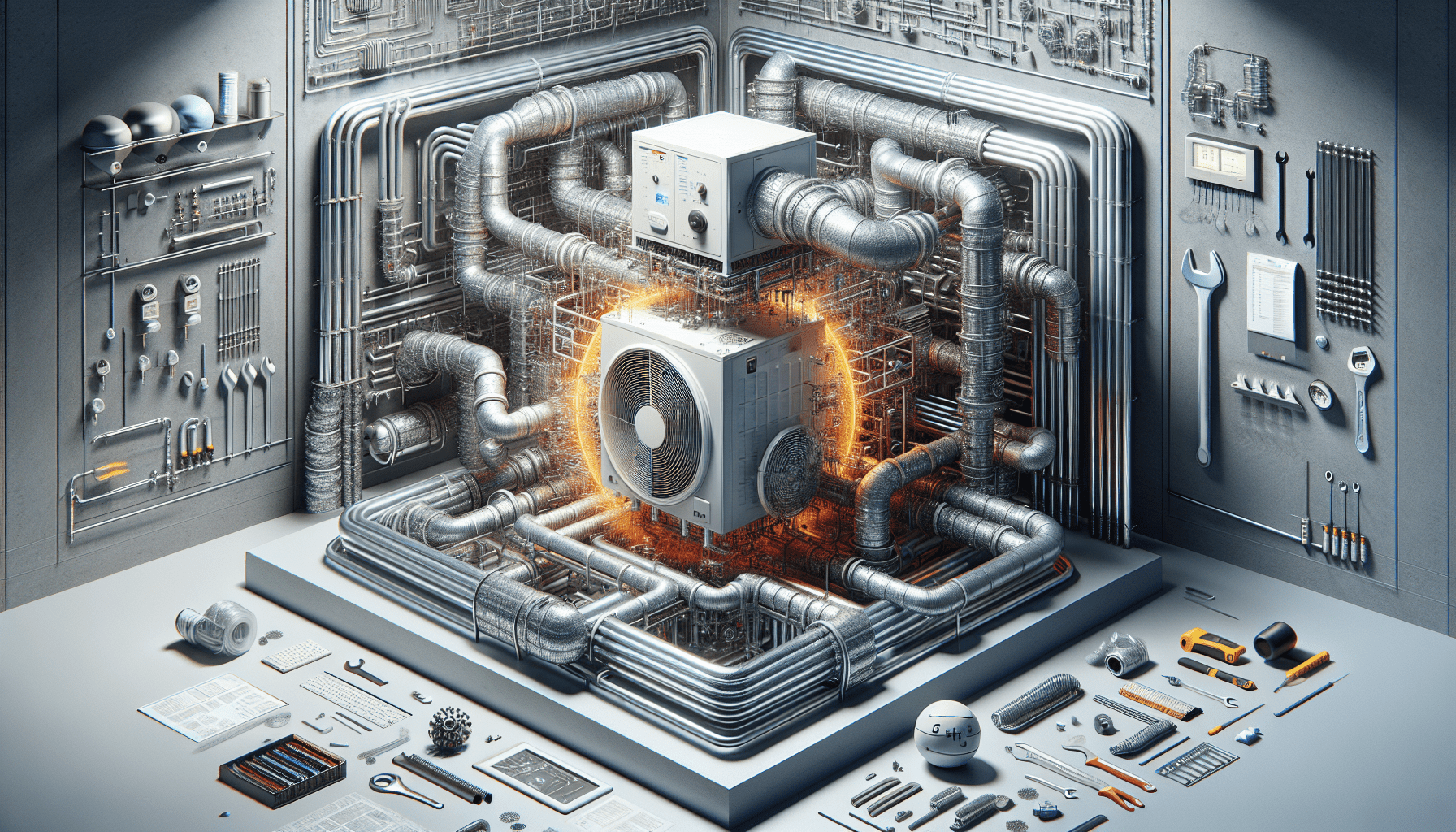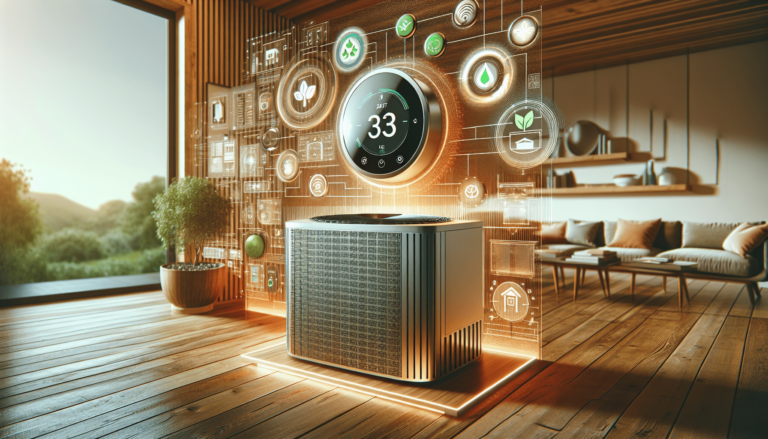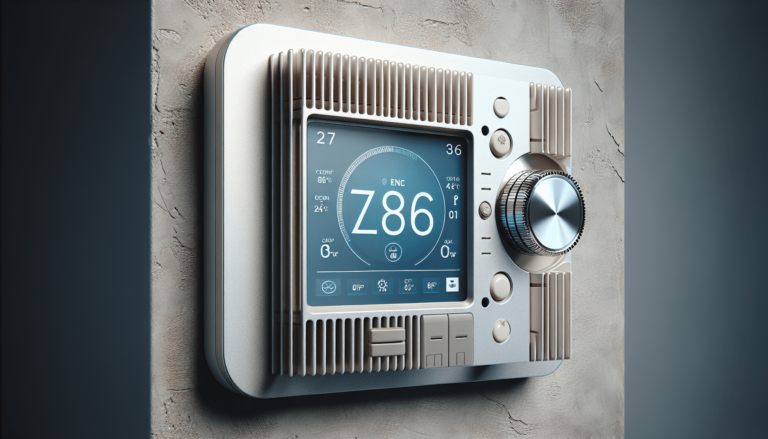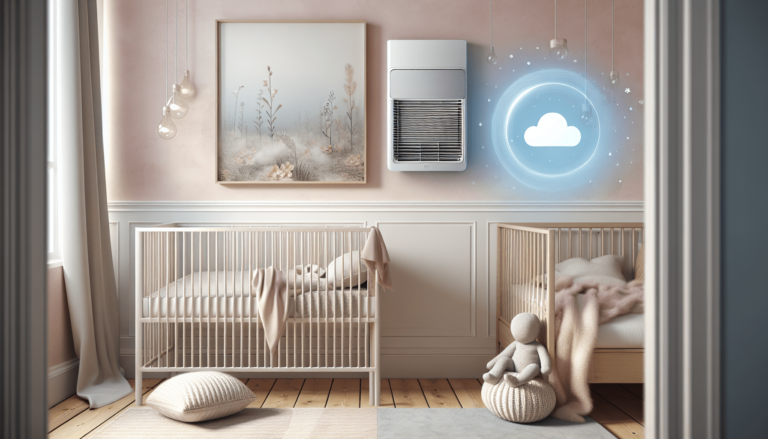

HVAC Services
Get Professional Repairs From The Area's Trusted HVAC Technicians. Ask About Our Services! We Offer Professional Heating & Cooling System Repairs And Guarantee Long-Lasting Results.
Got Question? Call us: (850) 678-2665Financing
HVAC Troubleshooting: Top Issues And Solutions
Explore common HVAC issues and easy solutions with humor and insight. Perfect for anyone baffled by their system, this guide offers practical troubleshooting tips.

Have you ever felt the distinct chill or uncomfortable warmth indoors even when your HVAC system is running? You’re not alone. Unraveling the mysteries of your HVAC might seem complicated, but with a little guidance, anyone can handle the basic troubleshooting. This guide will walk you through the most common hvac issues and provide straightforward solutions.

Understanding Your HVAC System
Your HVAC system is the unsung hero of your comfort, working year-round to deliver the right temperature indoors. It consists of several components that heat, ventilate, and cool your space. Knowing how these parts function can help you address problems when they arise.
Components of an HVAC System
An average HVAC setup includes a furnace for heating, an air conditioner for cooling, ductwork for air distribution, and a thermostat for temperature control. Each component plays a significant role, and a malfunction can lead to discomfort.
Why is Maintenance Essential?
Regular maintenance extends the lifespan of your HVAC system. It ensures efficient operation and reduces the risk of unexpected breakdowns. Simple tasks like changing filters and cleaning can prevent larger issues down the road, saving you time and money.
Common HVAC Problems and Their Solutions
The occasional hiccup in your HVAC system’s performance is inevitable, but most issues are easily fixable. Whether it’s a more severe problem or a minor inconvenience, understanding the signs and knowing what to look for can help you manage these situations.
Problem 1: HVAC Not Heating or Cooling
When your system fails to heat or cool, the problem is often electrical or related to the thermostat settings. Before downloading a troubleshooting handbook, check the thermostat. Is it set correctly? If it’s a “yes,” and the problem persists, it could be due to a power issue.
Solution: First, ensure the thermostat is set to the desired temperature and switched to the proper mode (heat or cool). Check if the circuit breaker has tripped or if there’s a power outage affecting your furnace or air conditioner.
Problem 2: Inconsistent Airflow
Have you noticed certain rooms feeling way cooler or warmer than others? Inconsistent airflow is a common problem, often caused by blocked vents or ducts.
Solution: Check all vents and grilles to remove any blockage. Ensure furniture or curtains are not obstructing air flow. Regular cleaning of ducts can also help, but this may require professional assistance.
Problem 3: Noisy Operation
A noisy HVAC unit can keep you up at night or interrupt conversations. Rattling, humming, or grinding noises are more than just a nuisance; they indicate underlying issues.
Solution: Turn off the unit and inspect for loose components. Tighten screws and brackets, and ensure that nothing is obstructing fans or motors. If noise continues, it’s best to contact a professional for a detailed inspection.
Problem 4: Strange Smells
Strange odors coming from your HVAC system can be unsettling. They might signal burnt wiring, mold growth, or even a gas leak, each requiring immediate attention.
Solution: If you smell gas, evacuate and contact your gas company immediately. For musty smells, inspect for mold and schedule a cleaning. Burnt smells could indicate electrical issues requiring a professional technician.
Problem 5: HVAC Leaks
Water pooling around your HVAC unit is a clear sign something is amiss. Leakage could result from a condensate line blockage or a refrigerant leak.
Solution: Clear blockages in drain lines by using a wet/dry vacuum. It’s crucial to identify the liquid source to determine the next steps. For refrigerant leaks, professional repair is a must, as handling refrigerants requires special training.
Quick Troubleshooting Tips
Quick checks and simple resets can often resolve minor HVAC issues. Here are some handy tips to keep your system in good shape:
- Thermostat Check: Ensure the thermostat is functional and batteries are alive.
- Filter Replacement: A clogged filter can hinder operation. Replace filters every 1-3 months.
- Circuit Breaker: A tripped breaker can disrupt operation. Reset it if necessary.
- Duct Inspection: Peek into accessible ductwork for any visible obstructions or damages.
- Schedule Routine Service: Regular professional servicing preempts numerous issues.
When to Call a Professional
Despite tackling several issues on your own, sometimes professional intervention is necessary. If you’ve followed troubleshooting tips without success, it’s time to call in the experts.
Recognizing Serious Problems
Consider calling a professional when you encounter persistent heating or cooling failures, frequent cycling, drastically high utility bills, or when you suspect refrigerant issues.
Choosing the Right Service Provider
Pick a reputable service provider. Ask for recommendations, read reviews, and check qualifications. Your HVAC system deserves someone skilled and trustworthy.
Tempacure Heating and Air Conditioning offers reliable services for residents of Niceville, FL. You can reach them at the following address and contact info:
- Address: 325 Cedar Ave S, Suite B, Niceville, FL 32578
- Phone: (850) 678-2665
- Website: Tempacure HVAC

Preventative Maintenance Tips
Preventative maintenance can shield you from unexpected troubles and enhance the efficiency of your system. Here’s how you can nurture your HVAC system year-round.
Seasonal Maintenance
Spring/Summer
During the warmer months, tighten all electrical connections and clean both indoor and outdoor units. Clear debris from the outdoor unit to avoid airflow obstruction.
Fall/Winter
Before the chill sets in, inspect your furnace for any damage. Replace old filters and test your thermostat accuracy. Check pilot lights for correct functionality.
Energy Efficiency Tips
- Programmable Thermostat: Adjust settings according to your schedule for energy conservation.
- Seal Doors and Windows: Minimize air leaks by sealing gaps, thus aiding HVAC efficiency.
- Upgrade to Energy-Efficient Systems: Consider modern, energy-efficient HVAC systems for long-term savings.
The Importance of Regular HVAC Inspections
Scheduling regular inspections fortifies your HVAC system, keeping it in prime shape. Technicians can spot potential problems which you might overlook, providing repairs before they escalate.
What to Expect from a Professional Inspection?
A professional will assess all components, running tests to ensure peak performance. They will clean necessary parts and offer solutions to impending issues, safeguarding your system’s future.
Conclusion
Your HVAC system works hard to keep your environment comfortable. Understanding common issues and their solutions empowers you to handle minor malfunctions confidently. Regular maintenance and knowing when to call in the pros can extend your system’s life and enhance its performance, ensuring cozy living spaces all year long.







